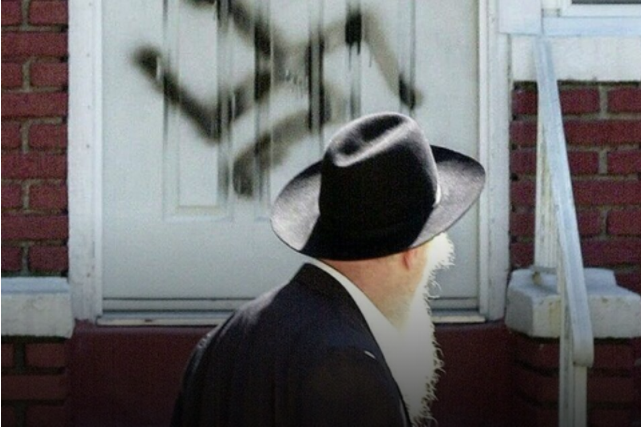The hole at the entrance to the Jewish community building in Buenos Aires left no room for doubt: the disaster is heavy. On July 18, 1994, a car bomb exploded, killing 85 people. Hundreds were injured. The trauma of the Lebanese terrorist's criminal act is still mixed with doubts and distrust on the part of members of the Jewish community regarding the exposure of the overall context in which the attack took place, including Iran's role in it. More than three decades later, anti-Semitism in Argentina has not disappeared.
For members of Argentina's Jewish community – one of the largest and most colorful in the Diaspora – the anniversary is part of an ongoing crisis: it began with the 1992 bombing of the Israeli embassy in Argentina, which claimed the lives of 29 people, including four Israelis, embassy employees; and continued with the murderous attack on the AMIA building. This has led to a deep outcry that the local government is not looking for the guilty or insisting on prosecuting them. To this must be added the consequences of the ongoing economic crisis in Argentina, which also affects members of the Jewish community, most of whom belong to the middle class. The delicate social fabric has also cracked.
An examination of the processes of anti-Semitism in Latin America also requires consideration of Iran's growing influence in the region, which already in the early days of its revolution worked to consolidate its relations with several Latin American countries, with the aim of harming its main enemy, the United States, and presenting itself as an alternative to the Western world. The danger of these activities to the State of Israel and the Western world is reflected in the dissemination of its ideas in the region and in Hezbollah cells scattered throughout the continent.
In this context, one should see the establishment of religious centers throughout South America that promote Islamization, pro-Iranian and anti-American education. This Iranian presence has many implications and implications for Jewish communities, as well as for the State of Israel, in a variety of aspects, such as arms smuggling and Iran's support for terrorist organizations, with an emphasis on the tri-border area (Argentina-Paraguay-Brazil) and border cities. This constitutes an international problem and requires vigilance, monitoring, regular monitoring, and building a political and organizational response to this activity on an ongoing basis.
Since the beginning of this year, there has been a disturbing increase of about 25 percent in the number of antisemitic incidents worldwide compared to the same time last year. This fits in with the harsh figures of the umbrella organization of Jewish communities in Argentina (DAIA), which documented in the latest report a series of acts of vandalism in cemeteries in the country, graffiti paintings of a neo-Nazi nature, and above all the criticism comparison of Argentine President Alberto Fernández between the number of deaths from the coronavirus pandemic and the number of those who perished in the Holocaust.
It has been 29 years since the attack on the Jewish community building, which numbers more than 200,<> people, and justice has not yet been done: members of the community, known for their strong ties to Israel and the Zionist movement, still continue to hope that in the future, perhaps, the truth will be revealed. This is our role in the fight against anti-Semitism: to make sure that the truth is revealed and that the guilty pay their debt to the Jewish victims, to society and to us.
Wrong? We'll fix it! If you find a mistake in the article, please share with us

